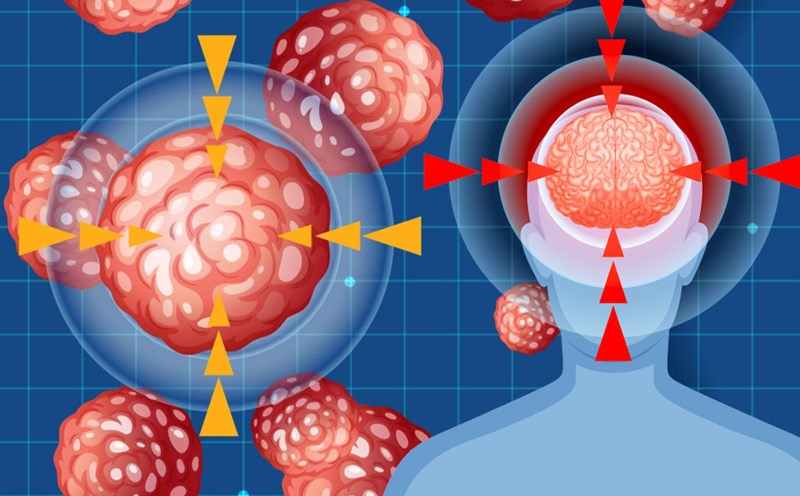1. Decreased ability to concentrate and pay attention
Poor concentration is one of the most common effects of lack of sleep. brains strongly affected by lack of sleep are the frontal cortex, which handles complex cognitive behaviors such as decision-making, as well as concentration levels.
2. emotional instability
Lack of sleep not only reduces the efficiency of brain function but also negatively affects emotions. When you don't get enough sleep, the emotional signals in the brain are "activated" more strongly, especially in the almond gland - the emotional processing area, the mediastinal lobes of the peripheral system, as well as the center for regulating emotions and reasoning in the prefrontal cortex. This imbalance makes you more likely to overreac, mood erosion, and stress than usual.
3. Increased risk of depression and anxiety
Lack of sleep is directly related to the development and severity of mental disorders, including depression and anxiety. Not getting enough sleep causes an imbalance between serotonin and dopamine, two essential neurotransmitters involved in mood control.











